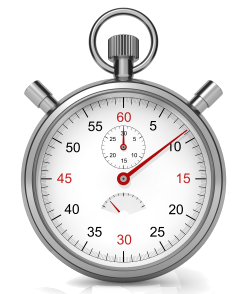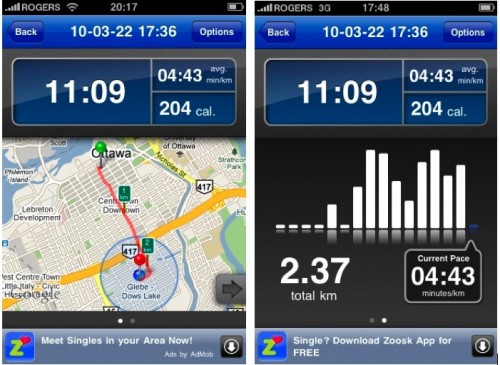Protect your website from hacker attacks: two effective tricks

If it is true that, today, has become relatively easy to open and operate a web, it is also true that many leave out the appearance “security“.
The result is a string of “You’ve been hacked”, lost passwords, corrupt database, waves of spam, or even worse, the injection of malicious code pages.
In addition to the usual tips, how to keep your own CMS like WordPress and the like, and use a long password and a user name different from the classic “admin”, some statistics …Read the rest »




